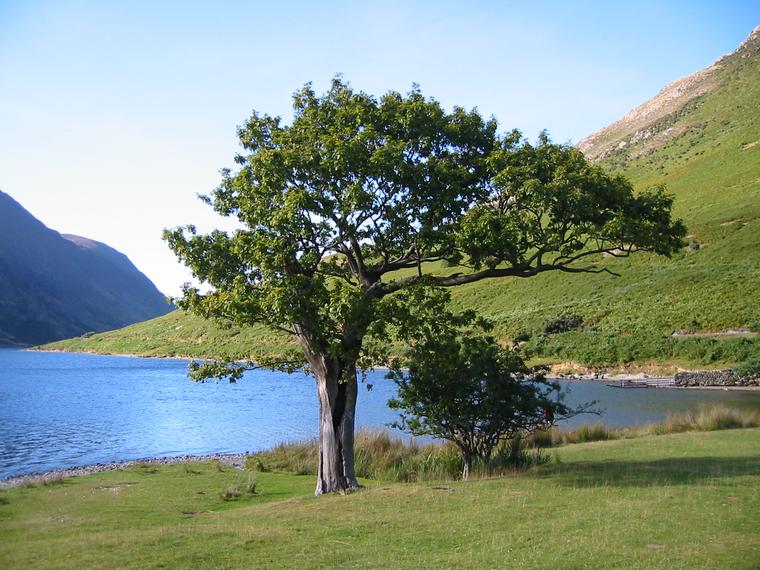Spirit doing a new thing. Scriptures speak of the “rush of a mighty wind.”
With all the changes going on in our society, with the decreasing amount of importance people seem to be placing on church, we may be tempted to think that the only sound of a mighty wind in our age is the sound the church emptying out.
You hear a lot about this these days. You hear about the church dying out. You hear about the church losing relevance, as people seek out personal encounters with God without having to be bothered by God’s people.
But I’m hear to tell you that regardless of how dire things may look, the Spirit can and will do something new. The Spirit will revive and re-birth this church as She always has.
A new and vibrant church has always been born out of strife. Birth comes with labor pangs—The early church was borne out of persecution, as we see here in Acts, with its recounting of disciple after disciple being accused and killed for their faith. The early church persevered an Empire that caught followers and tortured them for entertainment.
The church was re-birthed out of a lapse into excess and corruption through the Reformation.
The Wesleyan revival was birthed out of classism….political revolution….religious laze-faire.
Can the Spirit birth something new and bold and meaningful out of the current difficulties that we face? Can the Spirit birth the church out of decreasing attendance and relevance in the lives of the people who claim the name of Jesus?
Can the Spirit birth the church out of a society where our once-thought-impenetrable economy seems to be slipping and falling?
Can the Spirit birth the church out of materialism and greed and short-sightedness?
Well, the Spirit has worked with all these difficulties and more to bring something beautiful and powerful and meaningful into existence.
Our Creation story shows the Spirit sweeping over the primordial chaos of pre-existence itself to bring forth and birth the universe and what we know as reality. If the Spirit can work with primordial chaos, the Spirit can certainly work with mortal chaos!
We must expect something. The scripture says that the first Christians, the followers of “The Way” were “all gathered together in one place.”
We must gather together not just out of some obligatory sense of duty and the shame of not being here—we must gather to expect something.
Phyllis Tickle, a contemporary theologian and historian of the church, believes we are living in the midst of something called, “The Great Emergence,” when the church is being birthed again as something new and different.
This new and different thing includes church being structured in ways and conducted in places that we may find unusual. Then again, it seems unusual to see a family having dinner on their front lawn and inviting a stranger waiting for the bus, doesn’t it?
The church will be caught up in “The Mighty Wind,” that is mentioned here in this scripture, but perhaps we must first “go outside,” in order to feel the breeze!
What do you imagine when you hear those words, “our church must “go outside?” Picture that with me for a moment. Is it something “outside your comfort zone?”
This coming Thurs. we will host our district superintendent for a dreaming session, of sorts. Among our business that we report to our DS as a matter of accountability, we’ll also hear of a charge from our bishop to begin dreaming up ways to “get outside.”
We’ll also hear about some tools that we will be using over the next couple years for self-examination.
The following Sunday, we’ll gather here together once again with expectancy. Here, we’ll ask the Spirit to bless our commitment to this church. NO matter what we yield to the Spirit’s use, it will no doubt be part of the recipe for something great that the Spirit is cooking up for and through us.
We have a charge to keep! We can be part of the Spirit’s work, the Church’s new emergence as something new and bold and meaningful instead of something played out and weak and meaningless.












